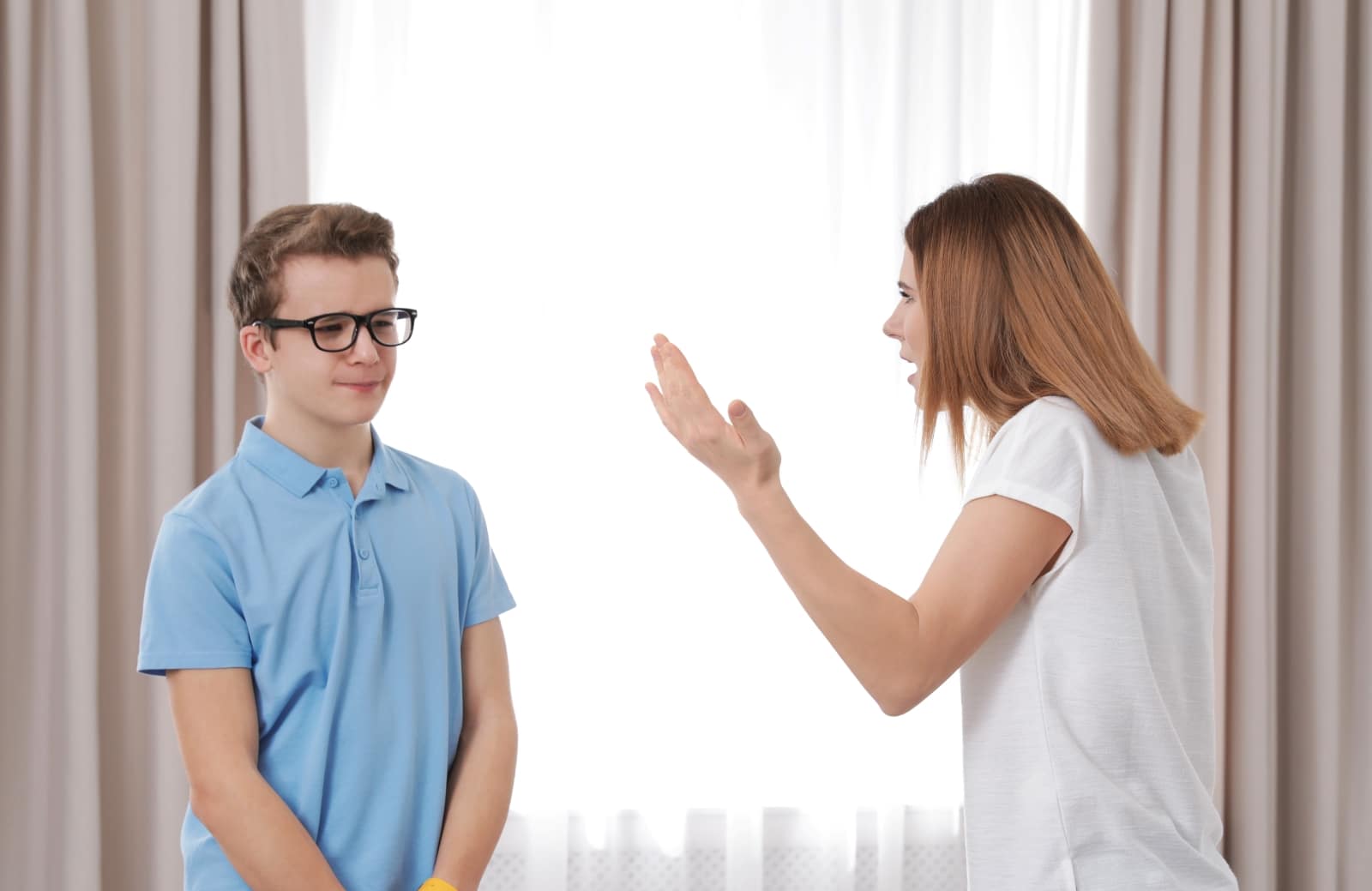The Double-Edged Sword of PC Parenting: Inclusivity or Overreach?
Politically correct parenting aims to create a more inclusive and respectful world. But is it truly effective, or does it go too far? Here’s a provocative look at the real impact of politically correct parenting.
1. Stifling Free Speech

Parents teach kids to avoid offending others, but this can limit their ability to express honest opinions. Are we raising children who fear speaking their minds?
2. Creating Fragile Kids

Shielding kids from harsh realities can make them less resilient. Is this preparing them for a world that isn’t always kind and fair?
3. Overprotecting Sensitivities

Constantly worrying about offending someone can lead to hypersensitivity. Are we turning children into adults who can’t handle criticism or differing views?
4. Unrealistic Expectations

Teaching children that the world should always be fair and inclusive can set them up for disappointment. Are we setting them up to fail in a world that doesn’t always follow these ideals?
5. Censorship in Play

Politically correct parenting often censors traditional play and stories. Are we robbing children of classic experiences and creativity?
6. Fear of Conflict

Avoiding difficult conversations in the name of inclusivity can make kids afraid of conflict. Are we teaching them to run from problems rather than face them?
7. Loss of Cultural Heritage

In an attempt to avoid cultural appropriation, we sometimes avoid sharing our cultural stories and practices. Are we erasing valuable parts of our heritage?
8. Diluting Education

Focusing too much on being politically correct can water down important historical and cultural lessons. Are we providing a less rich education?
9. Hindering Critical Thinking

Teaching kids what to think rather than how to think stifles their ability to critically analyze and question. Are we raising followers rather than thinkers?
10. Parental Paranoia

Parents become overly paranoid about every word and action their children take. Is this creating an environment of constant anxiety?
11. Confusing Children

Constantly changing guidelines about what’s politically correct can confuse children. Are we making it harder for them to understand right from wrong?
12. Alienating Others

Pushing political correctness can alienate those who see it as overreach. Are we fostering division instead of unity?
13. Superficial Inclusivity

Focusing on appearances rather than deeper understanding can lead to tokenism. Are we promoting a shallow version of inclusivity?
14. Impacting Social Skills

Over-managing social interactions can hinder children’s ability to navigate social dynamics naturally. Are we impairing their social growth?
15. Limiting Humor

Policing humor to avoid offense can strip away joy and laughter. Are we making childhood less fun?
16. Parental Guilt

Parents constantly feel guilty for not being perfectly politically correct. Is this adding unnecessary stress and pressure?
17. Suppressing Individuality

Enforcing uniformity in the name of inclusivity can suppress individual quirks and personalities. Are we encouraging conformity over uniqueness?
18. Unrealistic Safe Spaces

Creating artificial safe spaces can leave kids unprepared for the real world. Are we setting them up for a harsh reality check?
The Unvarnished Truth

While inclusivity is essential, overzealous politically correct parenting can have unintended negative consequences. It’s time to strike a balance that prepares children for the real world without stifling their growth, expression, and resilience. Let’s teach respect without sacrificing reality.
Banned in the USA: 14 Everyday Items We Can’t Have

Ever feel like America’s rulebook was written by someone with a dartboard? Across the pond or down under, things get even wackier. Let’s take a walk on the wild side of global “Do’s” that are definite “Don’ts” in the Land of the Free. Are you ready to find out just how bizarrely different the world can be? Banned in the USA: 14 Everyday Items We Can’t Have
Gone From the Shelves: Why 18 American Staples Vanished

Over the years, various foods that were once staples in American kitchens have been banned or are no longer allowed to be sold due to health, environmental, or ethical reasons. Here’s a list of 18 such items, detailing why they’ve been pulled off the market. Do you remember any of these? Gone From the Shelves: Why 18 American Staples Vanished
Eat & Drink at Your Own Risk: 20 Foods to Keep Away From Your Family

When it comes to food and drinks, not all choices are created equal. Some items on the shelves are so bad for your health that they’re almost legendary. Here’s a list of some of the absolute worst food and drink products—specific brands included—that you might want to avoid at all costs if you care about your nutritional intake. Eat & Drink at Your Own Risk: 20 Foods to Keep Away From Your Family
Featured Image Credit: Shutterstock / LightField Studios.
The content of this article is for informational purposes only and does not constitute or replace professional advice.
The images used are for illustrative purposes only and may not represent the actual people or places mentioned in the article.







